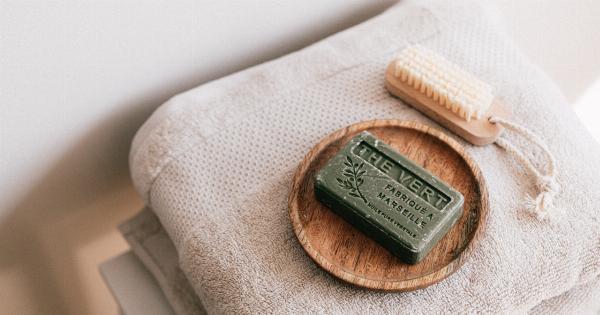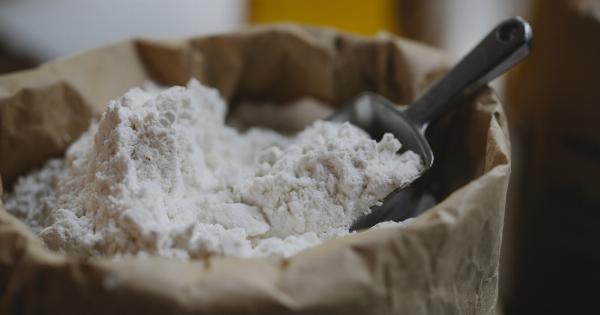Dishwashers are supposed to be the ultimate cleaning machines. After all, they are designed to clean your plates, cups, and silverware. But are dishwashers really as clean as we think they are? Unfortunately, the answer is no.
The fact is that dishwashers can harbor hidden germs, which can pose a serious health risk to you and your family. In this article, we will explore the hidden germs that reside in dishwashers and what you can do to keep your dishwasher clean and germ-free.
What are the Hidden Germs that Reside in Dishwashers?
There are a few different types of germs that can be found inside your dishwasher. One of the most common types is E. coli, which is a harmful bacterium that can cause food poisoning.
Another type of germ that can be found in dishwashers is Salmonella, which can also cause food poisoning. In addition to these harmful bacteria, dishwashers can also harbor fungi, such as Aspergillus and Penicillium, which can cause respiratory problems.
Where do these Germs Come From?
The germs that reside in dishwashers can come from a few different sources. One of the most common sources is dirty dishes. When you put dirty dishes in your dishwasher, the germs on those dishes can transfer to the dishwasher.
Another source of germs is the dishwasher itself. Over time, food particles and other debris can build up inside the dishwasher, providing the perfect breeding ground for bacteria and fungi.
How to Keep Your Dishwasher Clean and Germ-Free
There are a few simple steps that you can take to keep your dishwasher clean and germ-free. The first step is to make sure that you are loading your dishwasher properly.
You should always rinse off any food particles from your dishes before you load them into the dishwasher. This will help to prevent food particles from building up inside the dishwasher. You should also run the dishwasher on the hottest cycle available, as this will help to kill any germs that may be present.
Another step that you can take to keep your dishwasher clean is to clean the dishwasher itself on a regular basis. You should remove the racks and spray arms and clean them with hot, soapy water.
You should also use a toothbrush to scrub any hard-to-reach areas. Additionally, you should clean the dishwasher door seals, as these can harbor germs as well.
The Bottom Line
Dishwashers are great for cleaning your dishes, but they can also harbor harmful germs. By taking a few simple steps, such as loading your dishwasher properly and cleaning it on a regular basis, you can help to keep your dishwasher clean and germ-free.
By doing so, you can help to protect the health of you and your family.





























